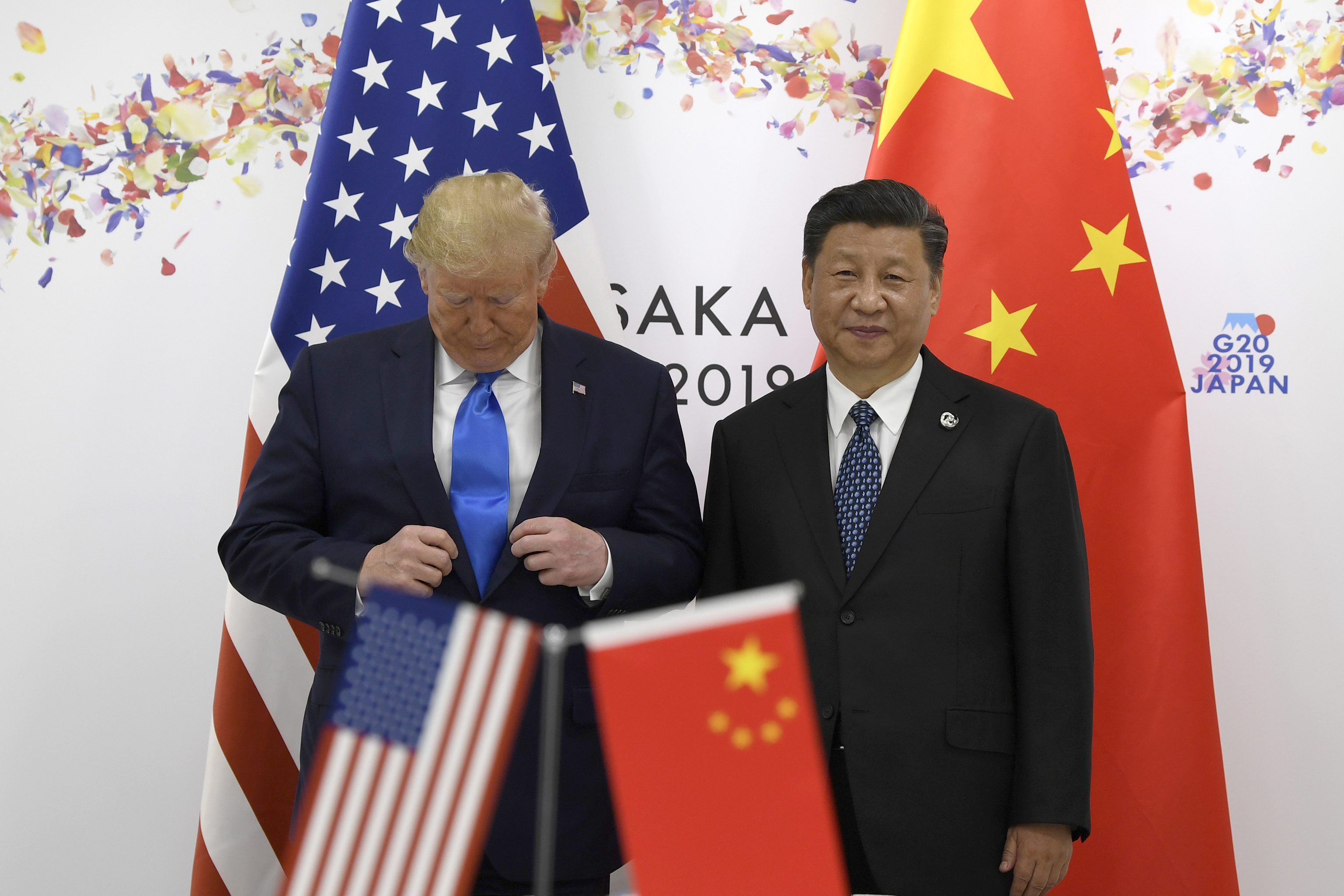Energy, artificial intelligence, digital media, medicine, transportation... Multinationals are clear that critical sectors are the golden goose. This is reflected in the European patent applications that global corporate and state giants filed last year. In total, there were 199,264 requests to protect inventions and products to dominate the future of the European economy. However, more than half of the applications were not from Europeans.
The United States, Japan, China, and the Republic of Korea accounted forover 51% of the applications collected by the European Patent Office (EPO) in 2024. This is evident from the index that the institution updates annually, which EL MUNDO has accessed.
The patent registry is the battleground for corporate giants to control future technological developments. Those who dominate (and patent) the foundations of data processing, electrical infrastructures, or new forms of mass communication will have some control over those that follow, who will have to pay them royalties. This dynamic is particularly relevant in the current context of crossfire of tariffs between the USA, China, and the EU, precisely to protect the same strategic sectors that attract commercial interest.
China's trajectory is particularly noteworthy when looking at the historical series. In 2015, the first year for which there are records, the Office collected 5,728 requests originating from the Asian giant. Nearly a decade later, its activity translated into 20,081 requests, a 250% increase. "We believed that this year China would surpass Japan, but ultimately, due to certain changes in the priorities of some of its companies, it fell slightly behind," says Luis Berenguer, spokesperson for the EPO, in a call with this newspaper.
In 2024, the United States was the country that individually gathered the largest share, with 47,787 applications, 24%. Although it has gained weight, Washington's trajectory in the European patent market has remained more stable. The introduction in 2023 of the unitary patent, with which a company protects its invention in all participating countries with a single procedure (Spain is not one of them), has been a catalyst for the Office's activity. Berenguer states that, for example, for US giants, it has been a stimulus because "they already see Europe as a single market."
Samsung was the largest patent applicant at the EPO in 2024, with 5,107 filings. The South Korean giant led the ranking in 2020 and last year regained the top spot, displacing the Chinese Huawei, which dropped to second place with 4,322. The also Korean LG ranked third. Although Japan is the third country by volume of applications (10.6%), the only Japanese company in the ranking is Sony, in ninth place. The chip giant Qualcomm and the US defense group RTX finished in fourth and fifth place. European firms are found in the lower half of the table: Siemens, Basf, and Bosch. All three are from Germany, the second geography by share of requests.
Although still far from the top, Spain has significantly improved its weight in this picture. In the last decade, in fact, it is the European country among the most active (with more than 2,000 requests per year) that has increased its annual volume the most. With 2,192 patent applications in 2024, its growth rate since 2015 is 44%. Its share, at 1.1%, still lags behind that of other major European economies, such as Germany (12.6%), France (5.5%), or Italy (2.4%).
"Spain, with a few exceptions, has been growing by 2 or 3% annually for the last ten years, and it has a long way to go, but it is making progress," points out Berenguer, emphasizing that an increase in patent registrations is a thermometer of a country's industrial advances.
It is not surprising that the regions with a strong industrial tradition stand out despite Madrid, which benefits from being the capital. Catalonia reaffirms its undisputed leadership, with 724 applications at the EPO, 33% of the national total, ranking 18th among European regions. Far behind is Madrid, with 413 applications (18.8% of the total), and in third place, Basque Country (14.9%), which recorded 326 applications, 24.4% more than in 2023.
Innovation at the national level continues to be led by the public sector, with the Spanish National Research Council (CSIC) at the forefront, and universities. In the private sector, the tourism group Amadeus (43), the Basque Tecnalia (24), and Telefónica (21) stand out.
